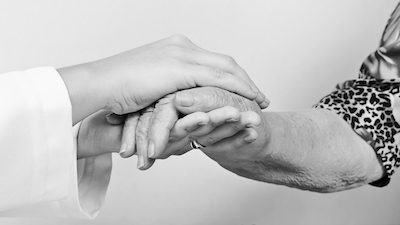Heads I'm Right, Tails You're Wrong: Adapting to Changes....Again
Have you ever known you were right about something? You were so sure you were right, but everyone else made you feel you were wrong? It is a terrible feeling to know you are right, but everyone else says you are wrong. It is even worse to have to do something that feels completely wrong.
How has it felt to be a person with dementia at this time? If wearing masks, continually washing our hands, and being socially distant feels wrong to us, how must it be for a person with dementia? When wearing a mask feels wrong, what do they do? What happens when routines change again? Whether they are at home or in a community, the restrictions and changes have been a lot to take for those with dementia. It is also stressful for their care partners.
Making Changes
Now that the restrictions are slowly being altered, it may be even more uncertain for the person with dementia. These changes also affect those who care for them. Both care partners are trying to adjust.
If a person with dementia is confused about these changes, they may be trying to understand what is changing. They may feel uncertain, becoming combative, agitated, or withdrawn.
Making the Best of It
What do you do when someone you care for, someone you love, feels so strongly about something, but you cannot agree? Or, what if you have something in mind to help them, but they are resistant? How do you resolve the impasse?
Saving Sanity, Reducing Stress
The Family Caregiver Alliance offers some communication tips. It is also helpful to think about the person with dementia and what the trigger points are. Remember to ask yourself if the argument is worth agitating the person with dementia. Also, think about your own sanity, what your stress level is, and how important it is to convince your loved one or resident. Any time a person with dementia can be reassured and feel secure is the right choice. That option always feels right to both care partners.
Kathy Dreyer, Ph.D., is an Advisor at AGE-u-cate® Training Institute, which develops and delivers innovative research-based aging and dementia training programs such as Dementia Live® and Compassionate Touch®, for professional and family caregivers; kathy.dreyer@ageucate.com

